What is the Keto Diet?
In or out of the realm of sports nutrition, you have probably heard someone mention the Keto Diet. The keto diet (short for Ketogenic Diet) is a low carbohydrate, moderate protein and high fat diet. When you follow this diet, there is a change in how yourmacronutrients are divided.
See a comparison chart here:

If you consume 2000 calories per day, 5-10% is roughly 20-50 grams of carbohydrates a day! Those who follow a keto diet tend to fuel on fats, such as nuts, seeds, and fish.
The keto diet was first used to treat pediatric epilepsy back in 1921. Currently, it has regained its popularity as a quick way to lose weight. Some people may find it successful to lose weight when they begin the keto diet, however, this effect may only be short term.
Regardless of your motive to pick up the keto diet, it is best to consult with a registered dietitian as everyone adapts to dietary changes differently. Lifestyle shifts do cause stress on the body while it tries to adapt to function optimally and so, this may affect your performance.
How Does Your Body Respond to the Keto Diet?
Amongst the 3 macronutrients, carbohydrates (i.e glucose units) are your body’s main source of energy. Following a keto diet means consuming less than 50g of carbohydrates a day, which deprives your body of glucose from diet sources. This means your body will begin to adapt to ensure you are receiving enough energy for your day-to-day activities.
Initially, your body will use your glycogen stores. Once these stores are used up, your body resorts to two metabolic processes to further adapt:
- Gluconeogenesis: This process is when your liver tries to produce glucose from different sources of energy. This includes lactic acid and the amino acids alanine and glutamine.
- Ketogenesis: When gluconeogenesis is not enough to cover your body’s glucose needs, your body starts producing ketone bodies, an alternate source of energy. Your heart, muscle tissue, kidneys and the brain utilize ketone bodies for energy but your red blood cells and liver do not.
If you decide to sustain the keto diet, your body will go into a state of nutritional ketosis. This means your body is burning fat instead of glucose to produce ketone bodies. Although this may sound beneficial, when your body produces acidic ketone bodies, this can make your blood acidic. Acidic blood is unfavourable to proteins because it causes them to denature. Read more about protein functions here.

As mentioned, the keto diet has been recommended to aid in weight loss. Some individuals do experience dramatic weight loss during the first few days of ketosis. However, it is important to understand that there is a difference betweenweight loss andfat loss. If you experience weight loss during your first few days of ketosis, this may reflect the loss of glycogen, protein, body fluids and important minerals.
Nonetheless, every individual is built differently. Depending on this important factor and how you adopt the keto diet, it may turn into a lifestyle that benefits your body. Astudy has shown that it can help reduce diastolic blood pressure andanother study mentions how it may aid with type 2 diabetes.
Does Cricket Protein comply with the Keto Diet?
The keto diet recommends moderate protein intake. There are no set rules on which protein sources you should consume, however, there are warnings of eating too much protein. If you are targeting ketosis, eating too much protein can prevent your body from achieving so.
Incorporating high quality protein into your lifestyle is essential no matter which diet you follow. High quality proteins are those that provide your body with enough essential amino acids that it needs to support normal bodily functions. Essential amino acids are amino acids that your body cannot produce and so, you must obtain these from your diet. Eating low-quality protein on a keto diet will cause you to become deficient in these amino acids and cause problems with protein production.

An example of high quality protein is cricket protein. Crickets are insect-based proteins that are considered a complete, high quality protein because they contain ALL the 20 amino acids your body needs. Crickets contain 60% protein. This means if you eat 100g of cricket powder, 60g of it is protein. On a keto diet, this is enough to cover 80% of your daily protein needs (i.e 75g on 2000 calorie/day). So to answer the question, YES, cricket protein does comply with the keto diet.
Näak’scricket protein powder contains 8g of protein per 2 tbsp (12g) serving size with 0g of carbs! This is 2x more protein than beef protein and has 7x more vitamin B12 than in salmon; not to mention the fibrechitin and its health benefits! If you are unsure about how to incorporate cricket protein into your diet, clickhere to find out more.
Endurance Athletes on the Keto Diet
As everyone else, endurance athletes rely on mainly carbohydrates as their source of energy. This is especially important when you are crushing those miles and your heart focuses on pumping blood to your muscles over your digestive system. Endurance athletes can adopt the keto diet into their lifestyle and training session, however, it is important to understand that it may take long-term adaptation to perform as well or better than when your body relied on glucose.

It is clear that your muscles play a significant role when exercising. Keeping them fueled is key to reaching the finish line! Remember, if your body is going through gluconeogenesis (i.e your body makes glucose from amino acids), this may lead to muscle breakdown. This can trigger a cascade of events, such as, with less muscle sparred, they can’t do as much metabolic work. Eventually, this can lead to a slowing of metabolism. Muscle breakdown can lead to weight loss, which some endurance athletes find beneficial for their training program.
If you are unsure whether the keto diet is right for you and your training needs, you may want to consult a registered dietitian before adopting it into your lifestyle.REMINDER: just because the keto diet is not suitable for other athletes, does not mean it cannot suit you. No matter what someone else is doing, all your lifestyle decisions depend onyour own body andgoals.























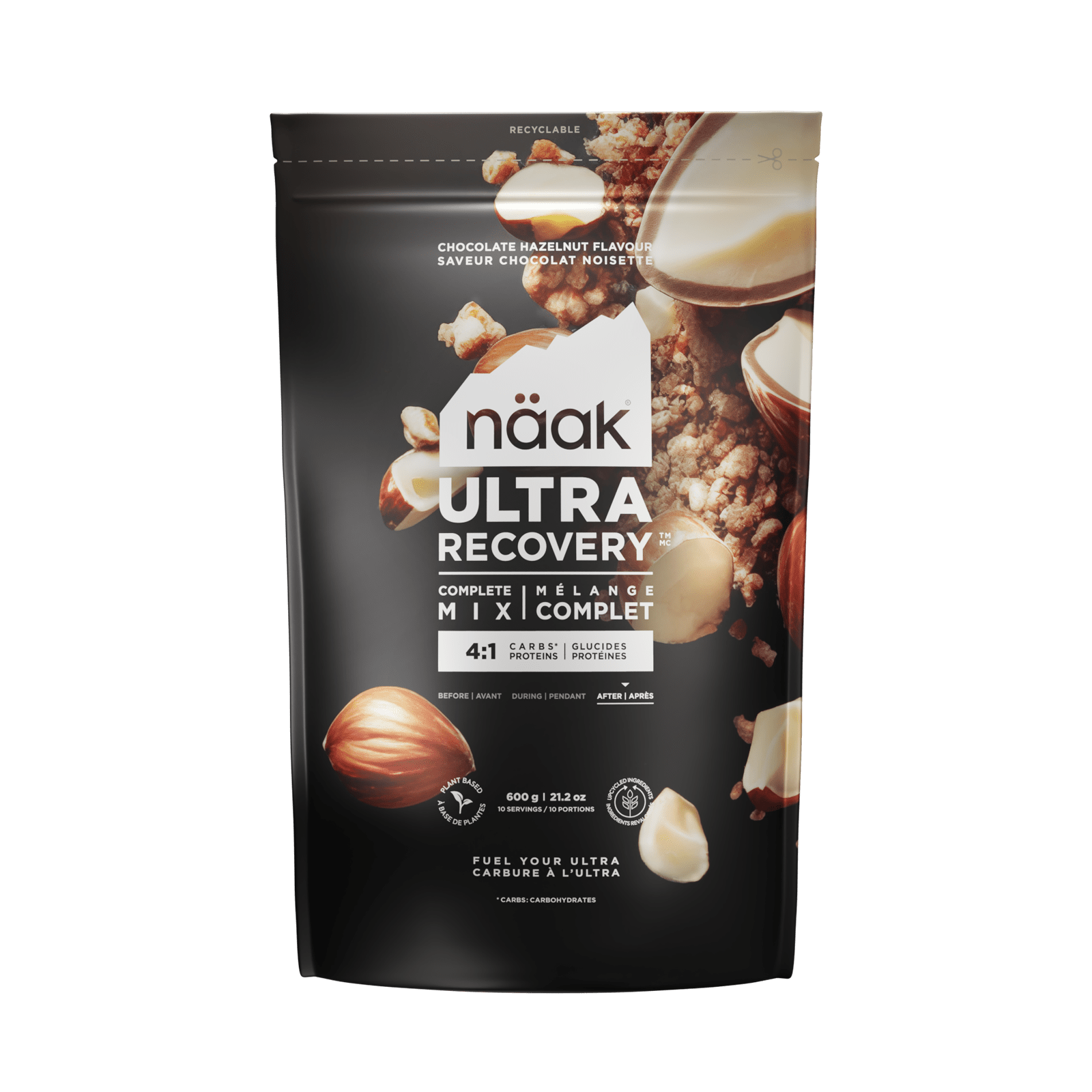
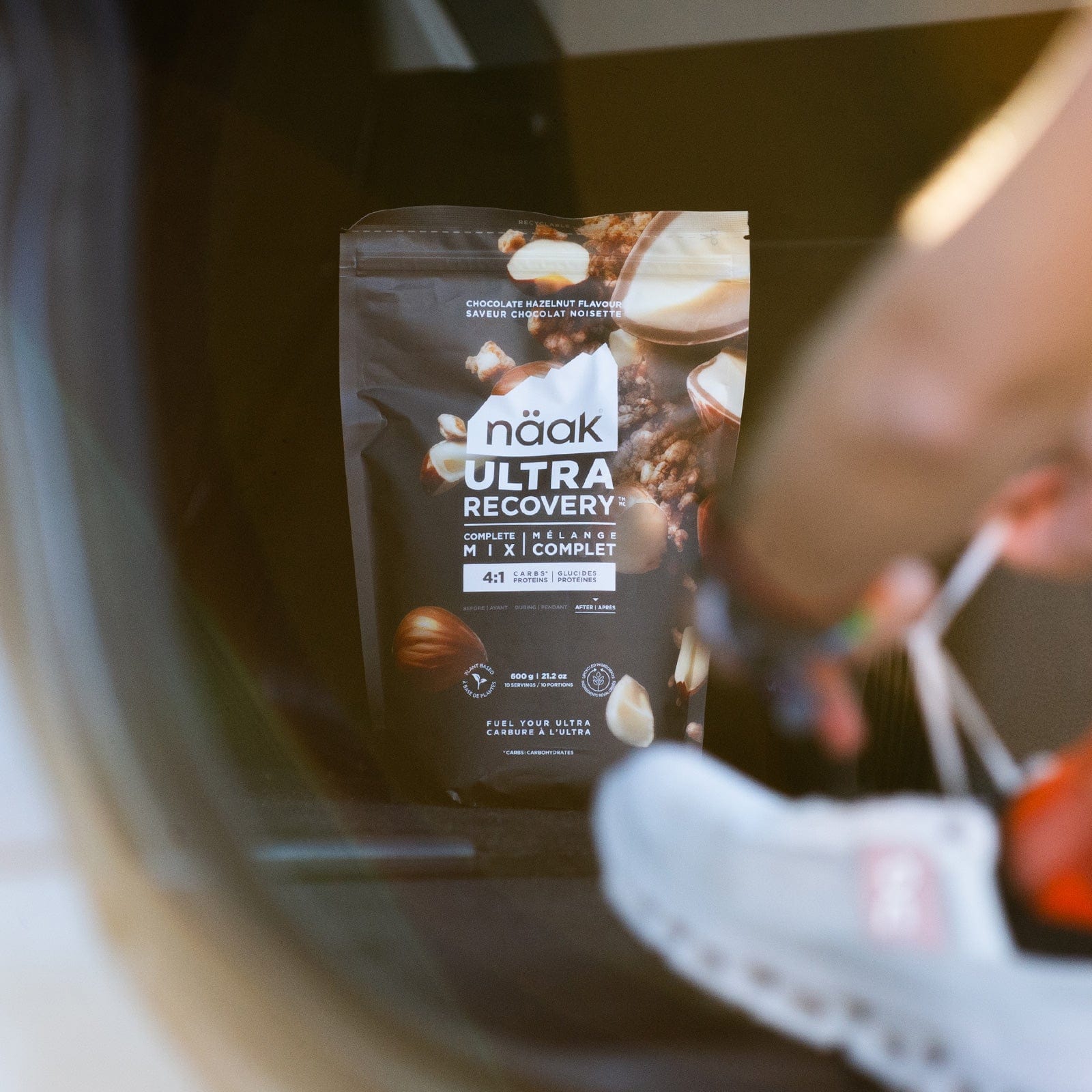
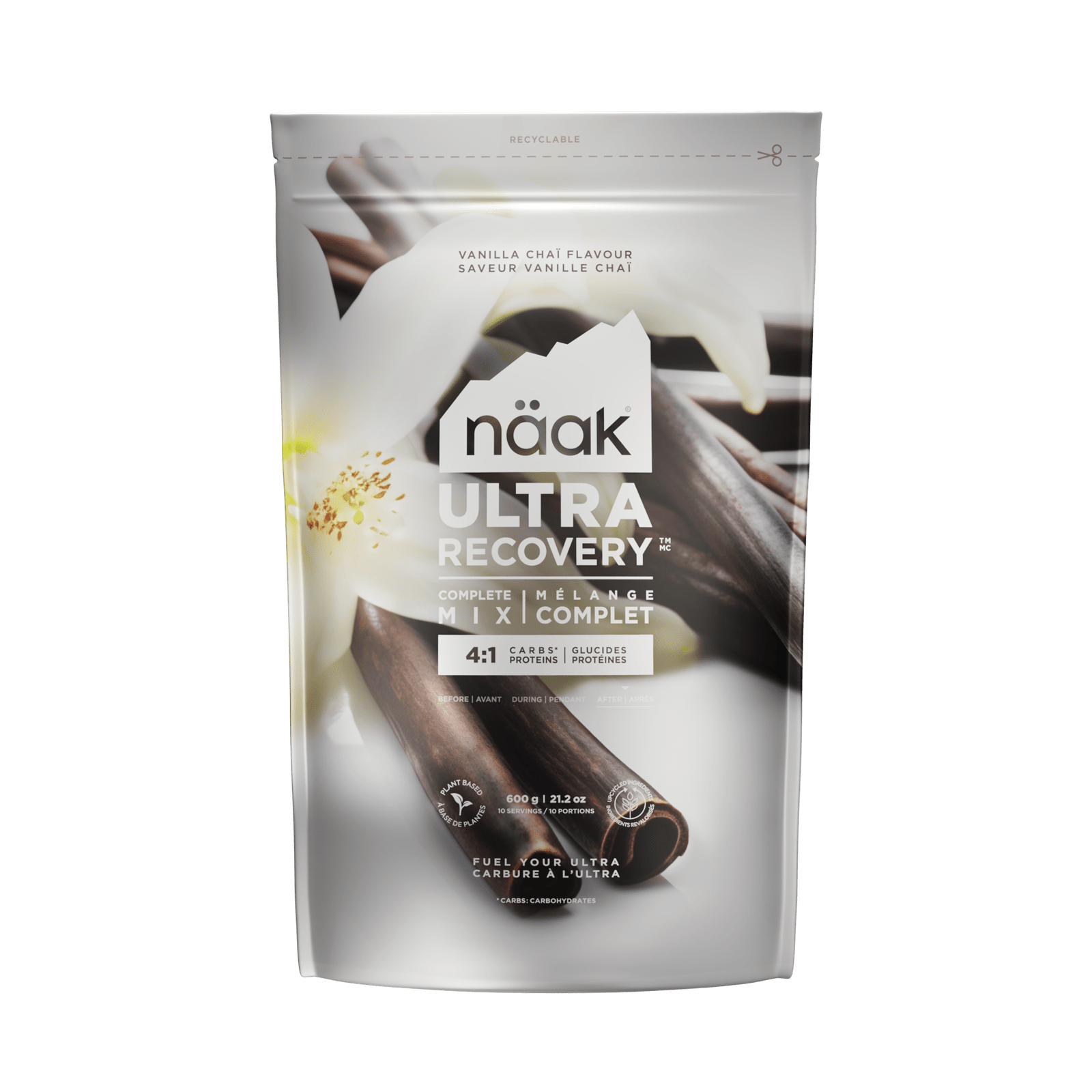
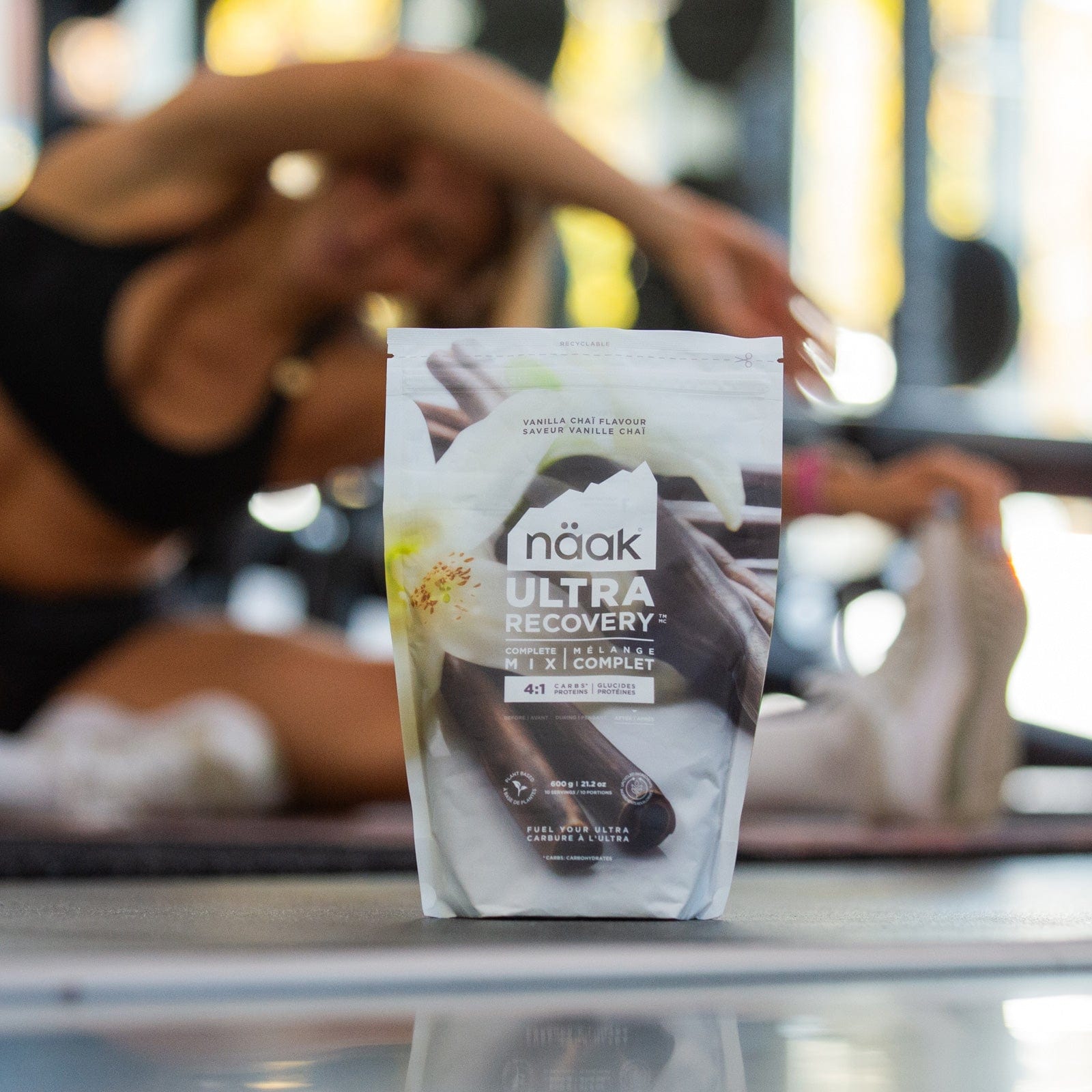


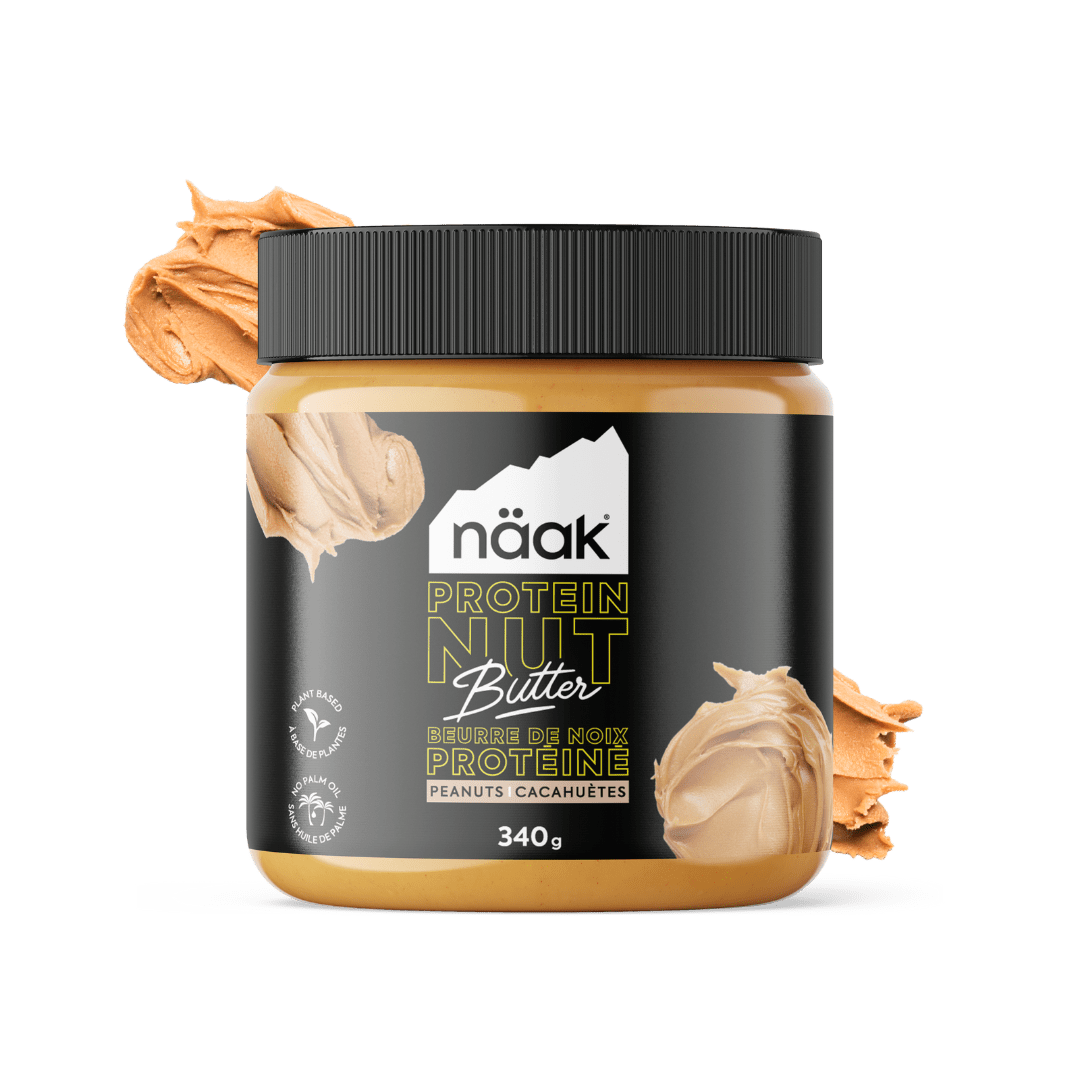
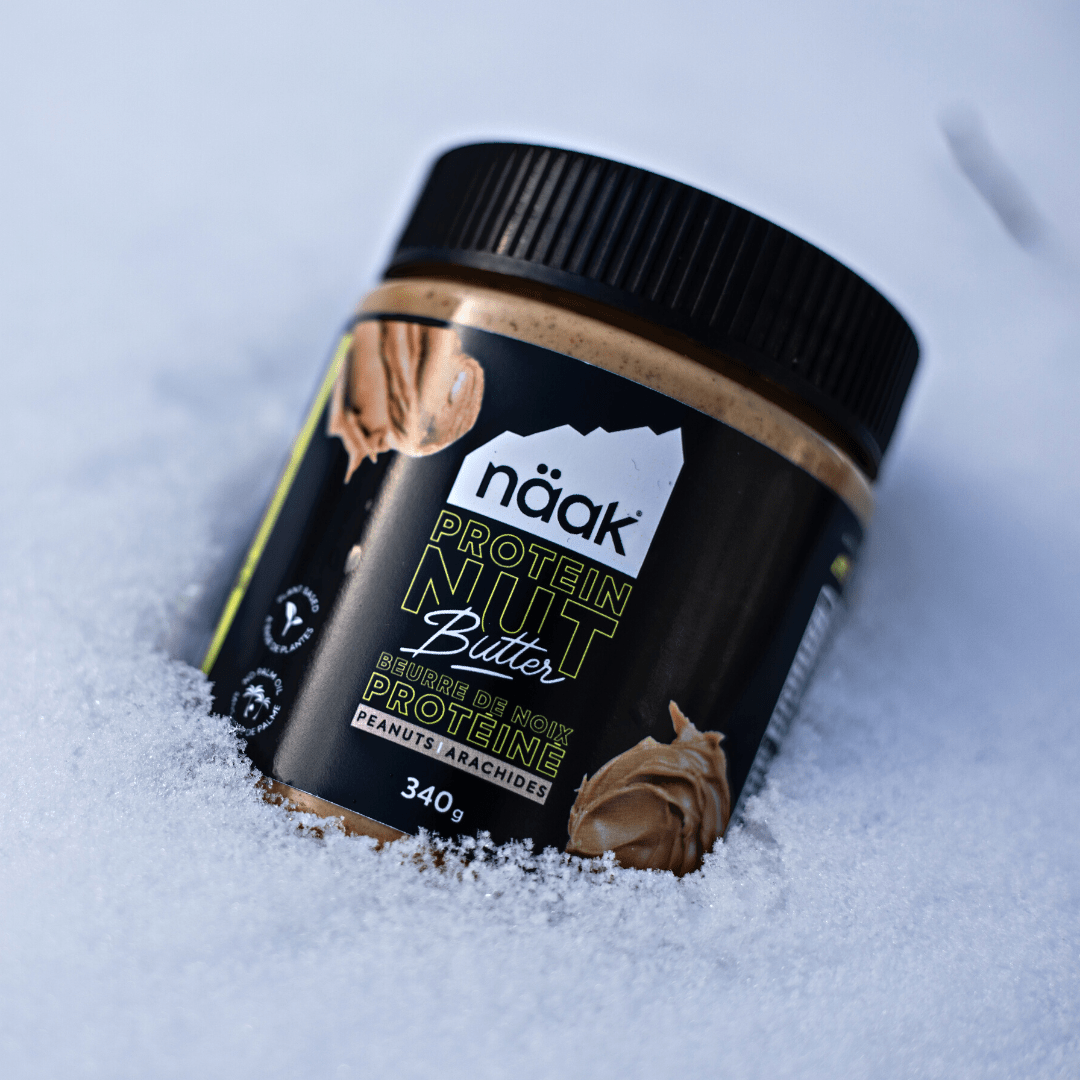
Leave a comment (all fields required)